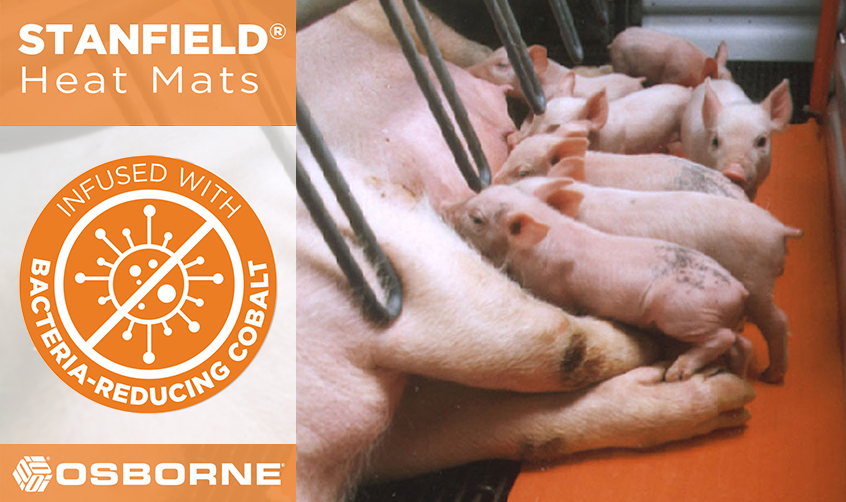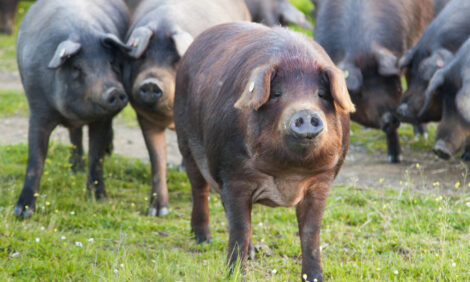



EFSA provides animal welfare recommendations for pigs
It describes 16 welfare consequences for different husbandry systemsThe European Food Safety Authority (EFSA) has published a scientific opinion on the welfare of pigs on farm, the first of several opinions on animal welfare to be delivered in the coming year in the context of the Farm to Fork (F2F) strategy. It provides detailed suggestions to improve the welfare of all categories of farmed pigs kept in the most relevant husbandry systems used in the European Union.
The opinion describes a total of 16 welfare consequences for different husbandry systems considered by EFSA’s experts to be highly relevant due to their severity, duration, and frequency of occurrence. These include restriction of movement, group, heat or cold stress, and prolonged hunger or thirst. Related animal-based measures (ABMs) and hazards leading to welfare consequences are also described in the opinion for each welfare consequence.
The opinion provides measures that should be put in place to prevent or correct the hazards and to mitigate the highly relevant welfare consequences. EFSA’s experts make a number of detailed recommendations, including suggestions on the quantitative or qualitative criteria needed to answer specific questions on the welfare of farmed pigs that were raised as part of the European Citizen’s Initiative ‘End the Cage Age’.
Among other topics covered in the recommendations related to tail biting are space allowance, enrichment material, weaning, and the practice of mutilations. EFSA’s experts also suggest which ABMs could be collected in slaughterhouses to monitor the level of welfare on pig farms.
The assessment follows a methodological guidance to be applied in animal welfare risk assessments, including farmed animals and animal transport. It is based on scientific evidence and expert opinion.
This is the first of a series of scientific opinions on the welfare of animals kept for farming purposes, requested by the European Commission as a key component of its F2F strategy. It provides a scientific basis to support a legislative proposal by the European Commission, scheduled for the second half of 2023, as part of the revision of the animal welfare legislation.









